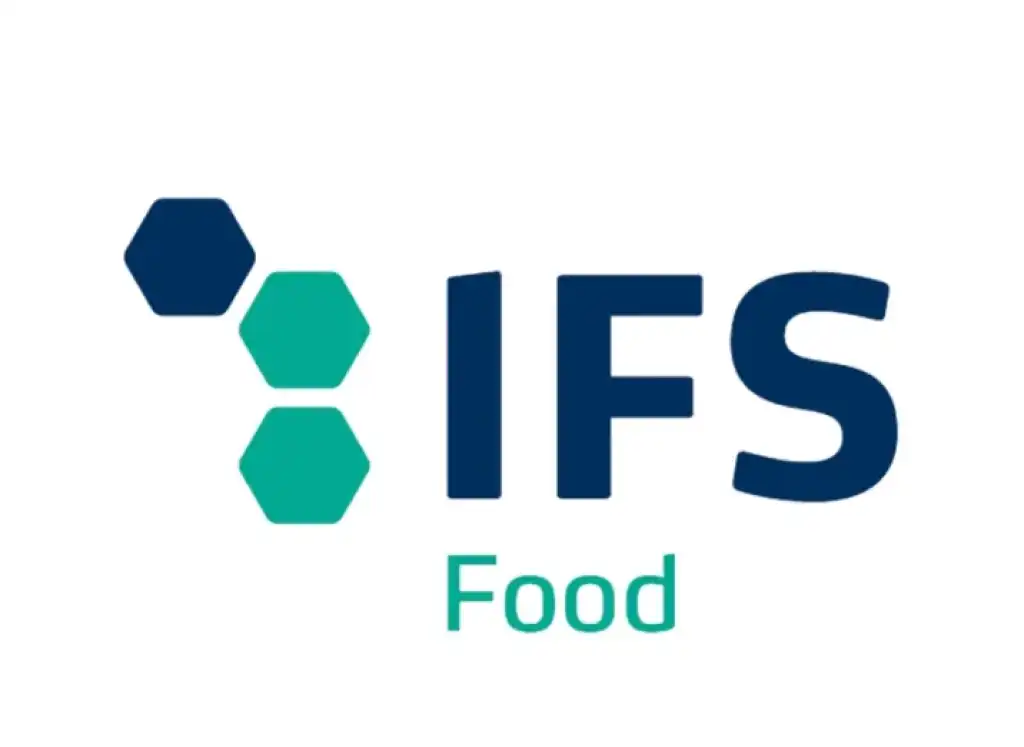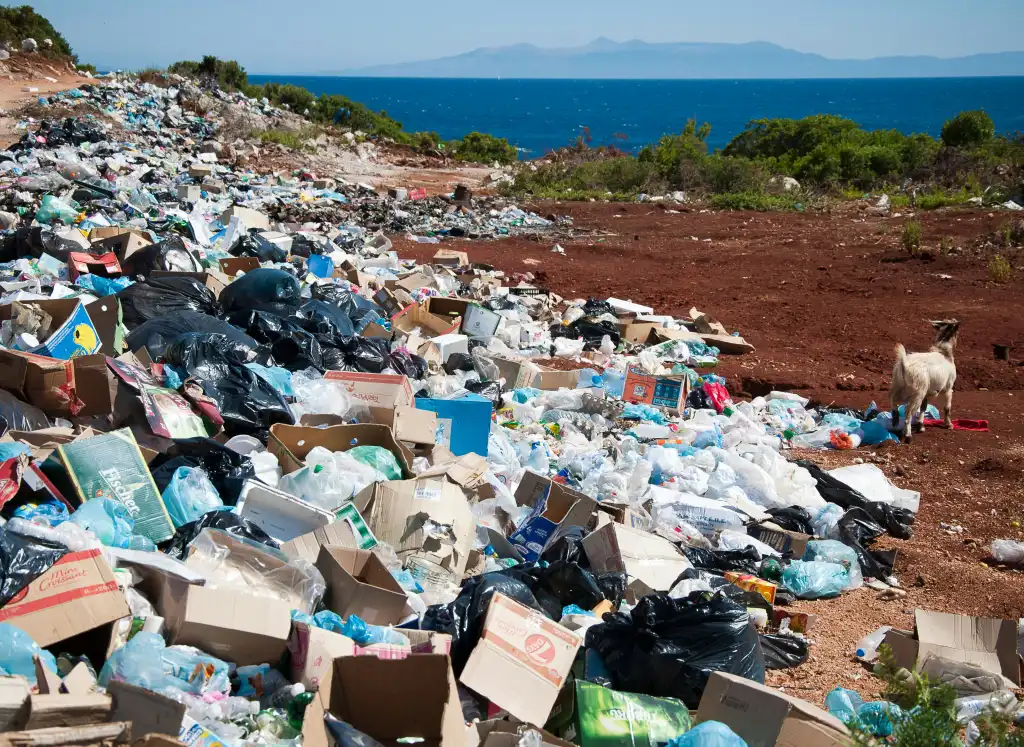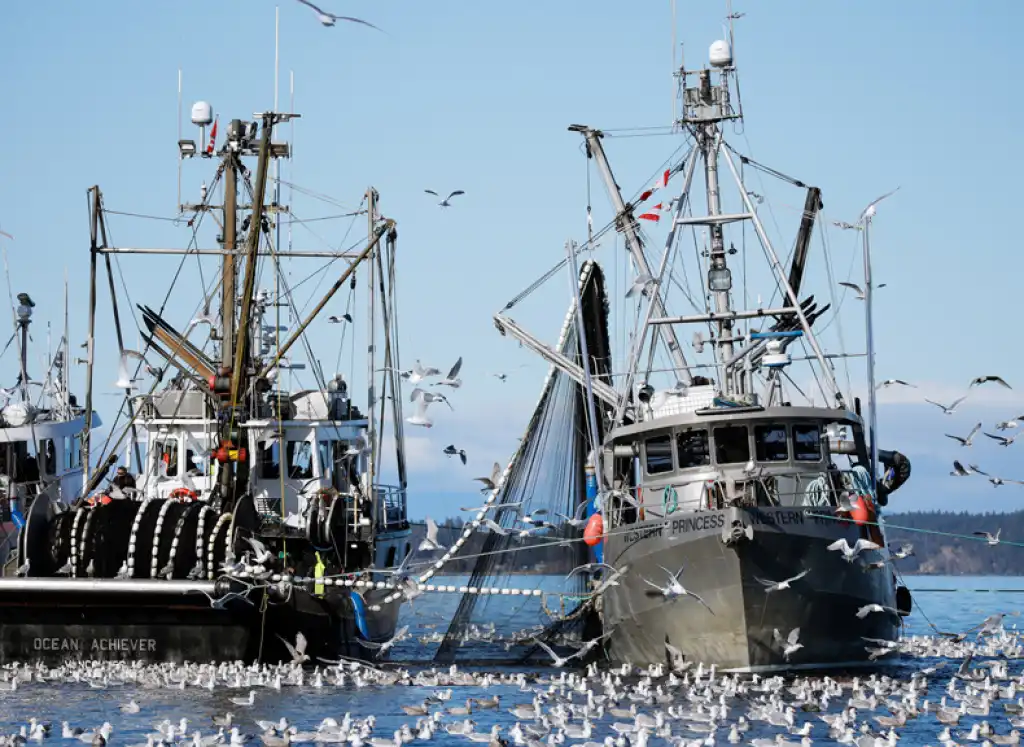Climate change threatens the future of viticulture
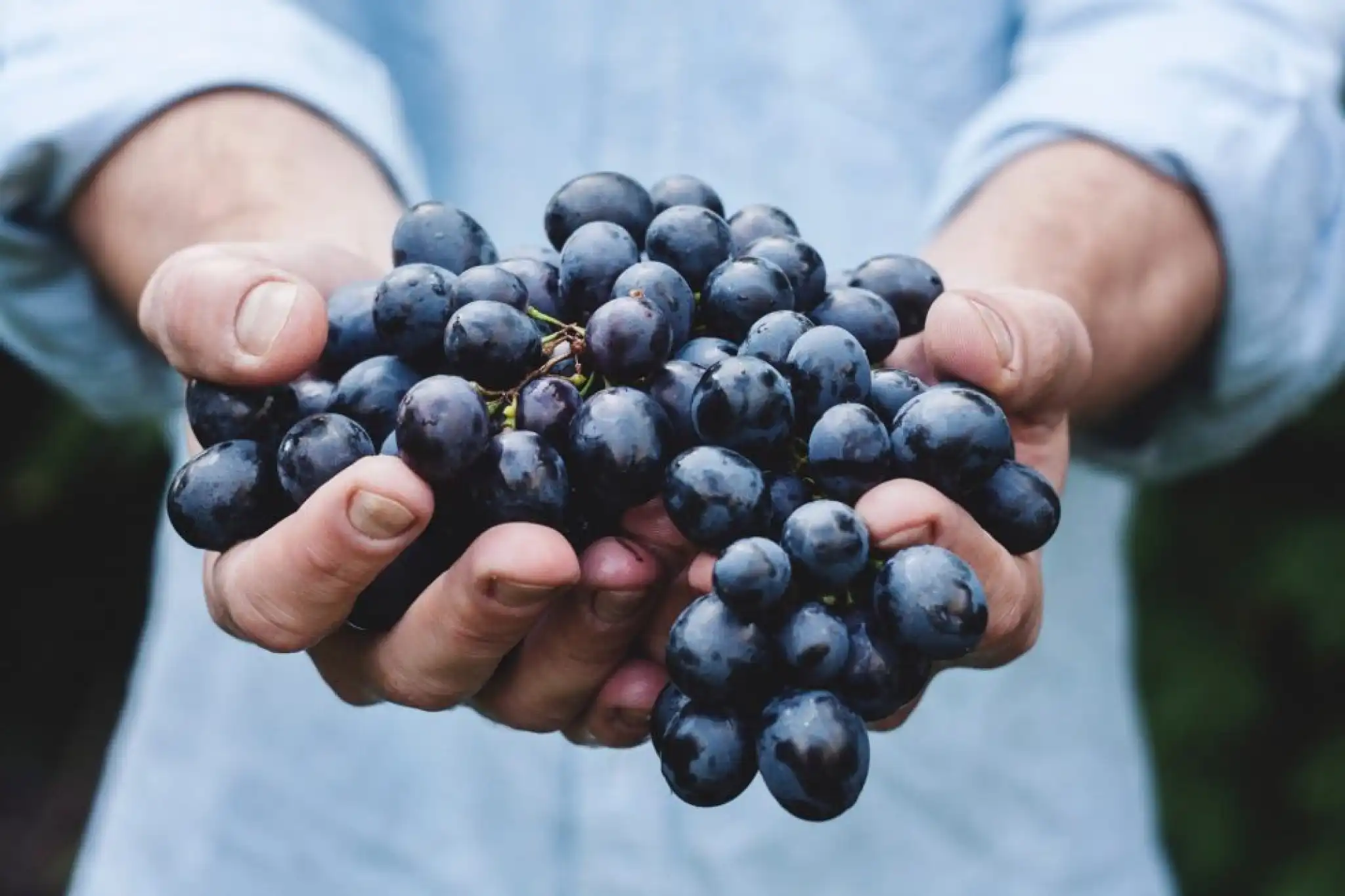
An alarming outlook for vines
A study led by Cornelis van Leeuwen (University of Bordeaux), published in Nature Reviews Earth & Environment (March 2024), warns that with a rise of > 2 °C by the end of the century, up to 70% of current wine-growing regions could become unsuitable for cultivation. In Italy, vines could disappear from 90% of plains and coastal areas currently under vine, due to increasing drought and heatwaves.
Already today, we see vineyards at higher elevations (700–1,000 m a.s.l.) and a northward shift in Europe, with new plantings in the UK, Denmark, and even Scandinavia.
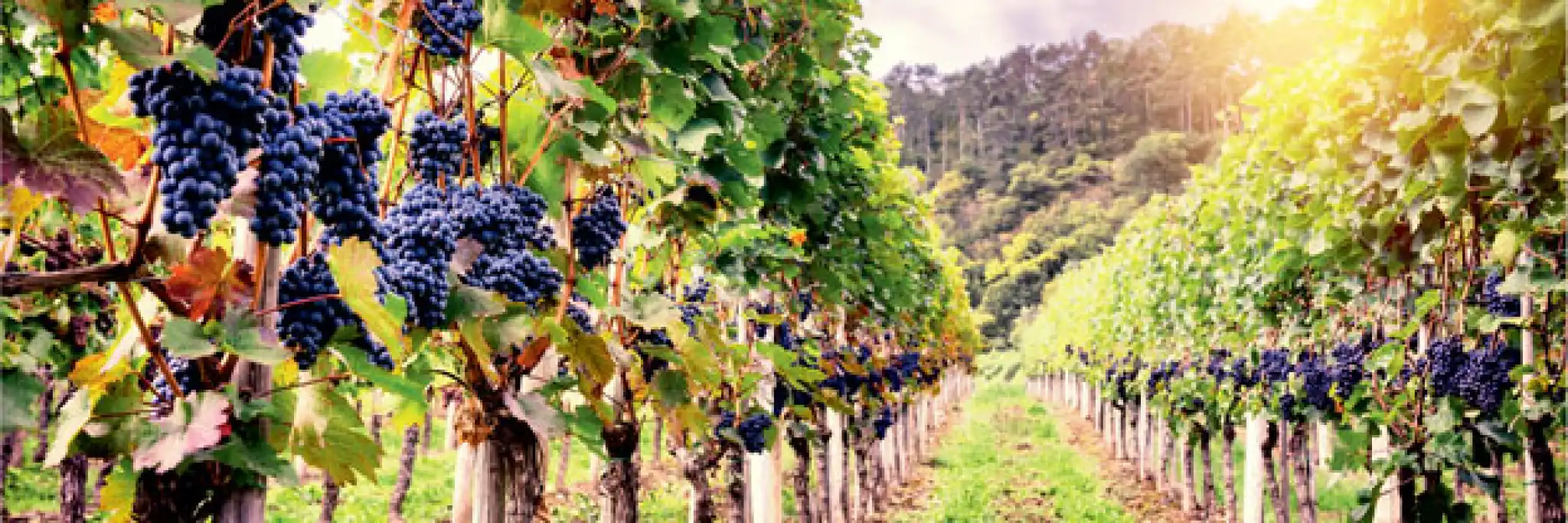
Quality, quantity, and the “migration” of wine
Global warming will redefine the wine map: up to 29% of areas could face extreme conditions (heat/drought) with yield and quality losses in key regions such as Italy, Spain, Greece, and California. A decline in major exporters could be matched by growth in regions that are currently importers (e.g. the UK), with major economic and cultural consequences.
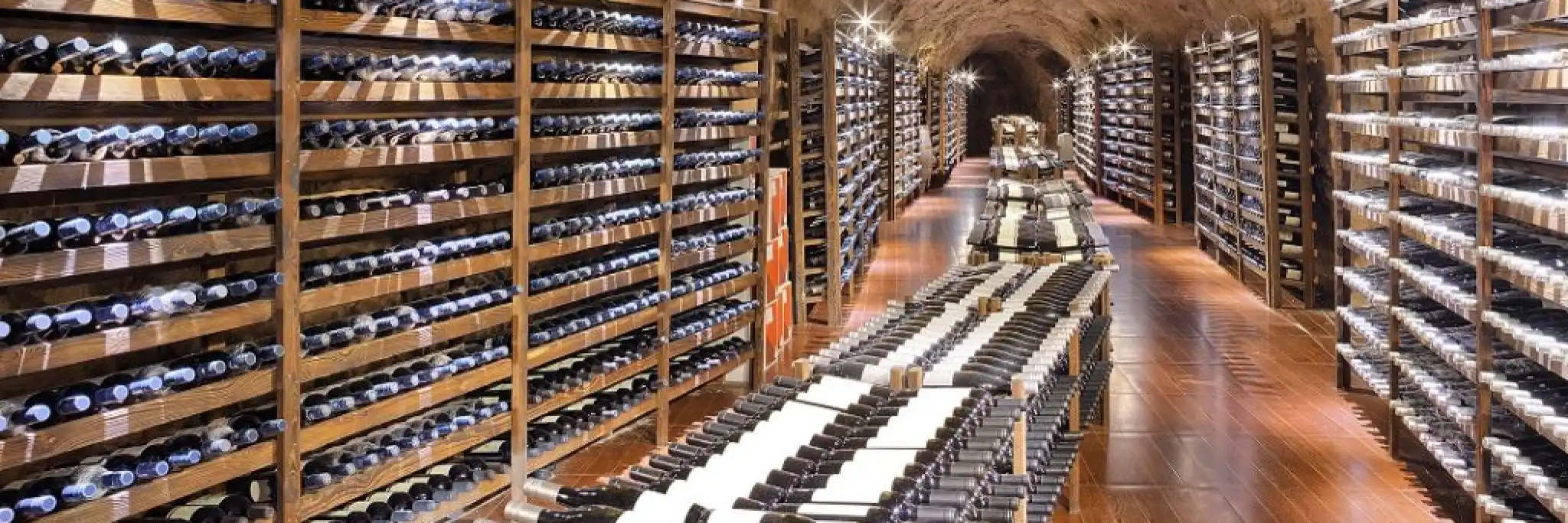
How to adapt: agronomic practices and new varieties
Territory protection and practices that increase resilience are needed: management of soil fertility, cover crops, shading, selection of rootstocks and calendars better suited to new conditions, efficient irrigation.
Encouraging results come from biodynamic approaches focusing on soil, biodiversity, and plant health. Research into new cultivars more tolerant to stress and pathogens is also central; in particular, PIWI (fungus-resistant grape varieties), already widely tested in Italy, especially in Veneto, with over 200 wineries involved.
Alongside technical solutions, a strong institutional and communication effort is needed to inform policymakers and the public objectively, avoiding emotional anti-innovation reactions.
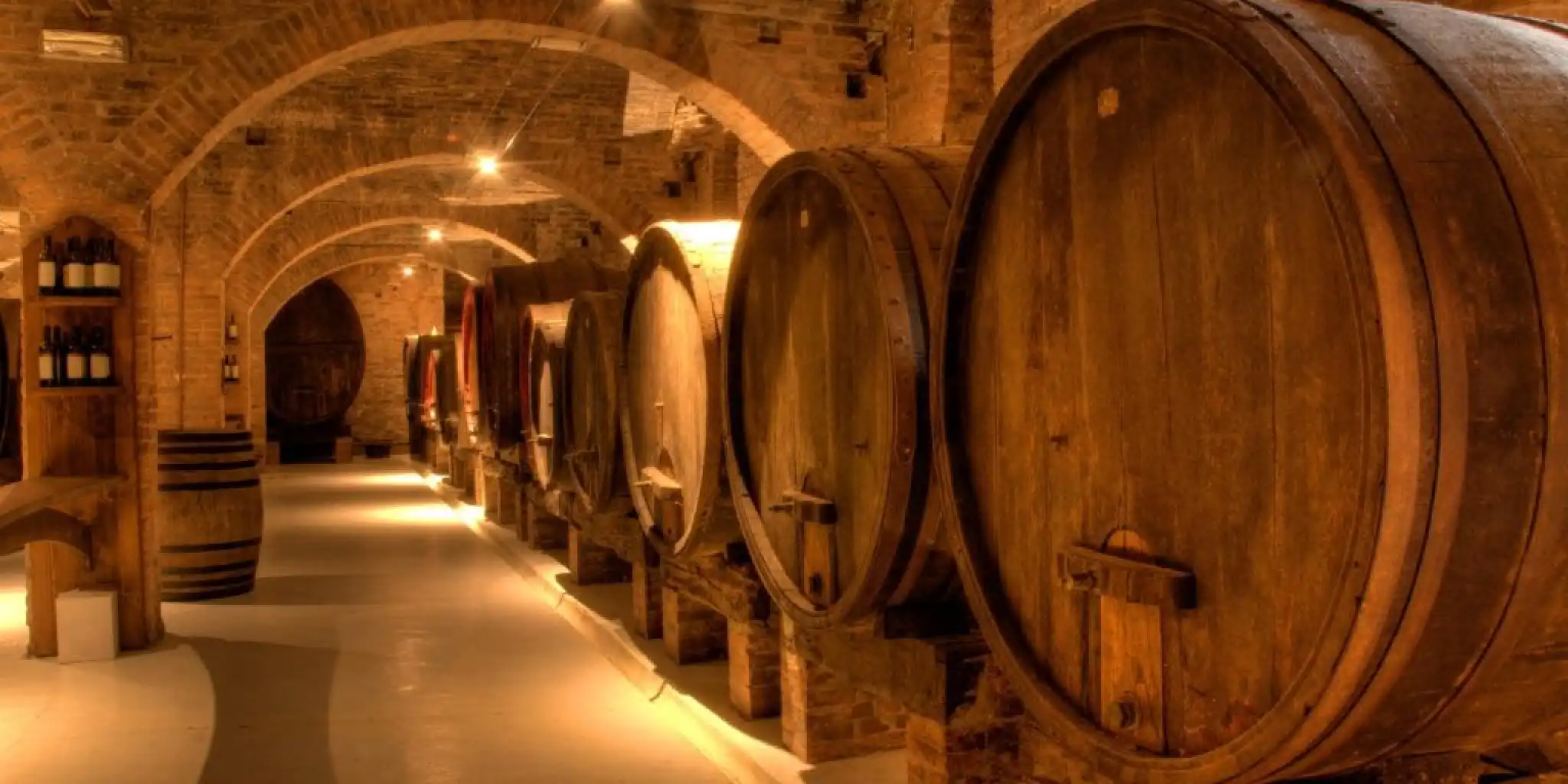
FOIED • VINO • PIPAFO • CRA • CAREFO
A Faliscan artifact from the 4th century BC depicts Bacchus and Ariadne with the inscription FOIED • VINO • PIPAFO • CRA • CAREFO: “today I will drink wine, tomorrow I will have none” (or I may be gone). Read today, it is a warning: protecting wine means protecting part of our economy, landscape, and identity. Scientific warnings must be taken seriously to prevent wine’s future from being lost as the climate changes.
Reference: C. van Leeuwen et al., “Climate change impacts and adaptations of wine production”, Nature Reviews Earth & Environment, 5 (2024) 258–275. doi:10.1038/s43017-024-00521-5
